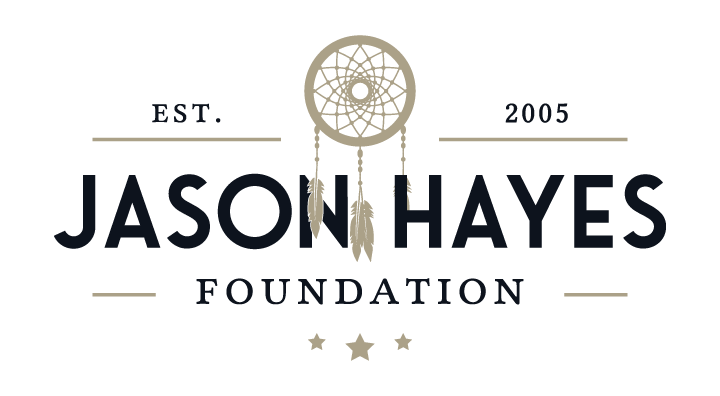Children who have been exposed to traumatic experiences in their young lives will feel the effects and suffer the consequences through their lifetime. The visible scars may have healed; the memories may be long ago hidden in the recesses of the mind. Because we cannot see, because the child may not consciously remember, does not mean damage does not exist; it is there, and it will show itself in behaviors that can be misdiagnosed or ignored. Research has proven that there is a very strong correlation between the early mistreatment of children and later psychiatric problems. More recent investigations have also shown strong evidence that abuse occurring during the critical years when neural pathways and brain structure is being formed, such stress can induce changed in the structure and function of the brain.
We are talking about children who have suffered deprivation and trauma during the bonding and separation phases of their development
Children who experience trauma and/or chronic or severe stress in early childhood are particularly vulnerable to issues with attention and learning.
Traumatized children may express their suffering in a way that evokes frustration and anger. The child may be reacting to those in authority. People in authority violated their trust in the past. The student may be projecting feelings and anger that is meant for authority figures from the past. This behavior is known as “projective identification”.
The behaviors presented by this child are not willful disobedience or meaningless disrespect or anger. The behaviors are the symptoms of, and communication about, the very early disconnect that occurred when this child was a victim and suffered the psychological, emotional and resultant physiological wounds as a result of early trauma.
